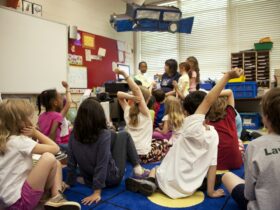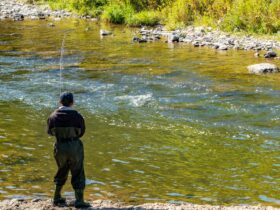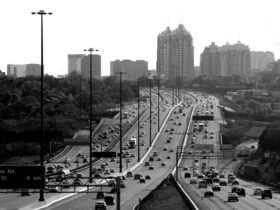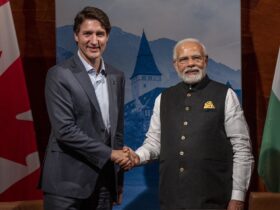Canada marked its fourth annual National Day for Truth and Reconciliation with ceremonies and events across the country, remembering the tragic legacy of residential schools and honoring the children who never returned home. Thousands gathered on Parliament Hill in Ottawa on Monday, joining First Nations, Métis, and Inuit survivors in a day of remembrance and commitment to a better future for Indigenous peoples.
A moving tribute unfolded as a “memorial cloth” bearing the names of some of the 150,000 children who were forced to attend residential schools was passed through the crowd, while pairs of children’s shoes were placed around the stage to commemorate lives lost in a system riddled with abuse and neglect.
Survivors like Gordon Burnstick, who endured three years of abuse at St. Martin’s Mission in the 1960s, reflected on the lasting trauma caused by the schools. Burnstick, now an advocate for survivors, spoke of his painful experience and emphasized the need for healing and recognition of the atrocities. “The hurt is still there… We must never forget what happened,” he said, calling for continued efforts to find the unmarked graves of children who died in state care.
While some progress has been made under Prime Minister Justin Trudeau’s government—including lifting long-term drinking water advisories and supporting Indigenous languages—challenges persist. Survivors and advocates are pushing for more funding to uncover unmarked graves and ensure that the history of residential schools is fully acknowledged.
Governor General Mary Simon emphasized that reconciliation is a “lifelong journey” and acknowledged the complex challenges that remain in addressing intergenerational trauma. The day also served as a reminder of the ongoing fight against residential school denialism, as survivors and officials push for legal protections to prevent the downplaying or denial of the atrocities committed.
As the nation reflected on its painful past, the call to never forget the children and families affected by residential schools remained central, with renewed commitment to healing, accountability, and justice for Indigenous communities.












Leave a Reply